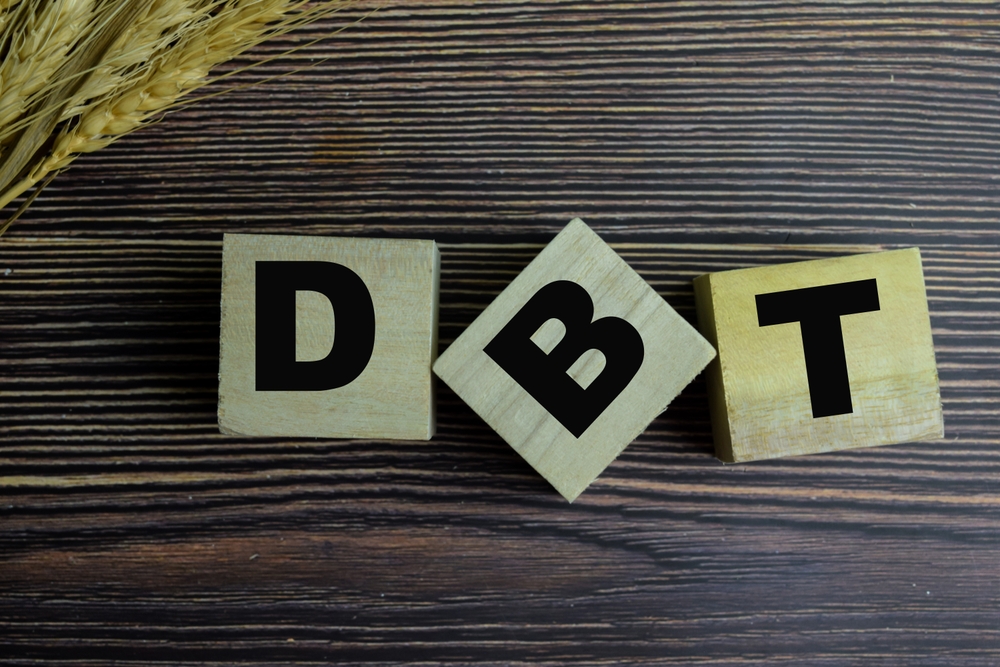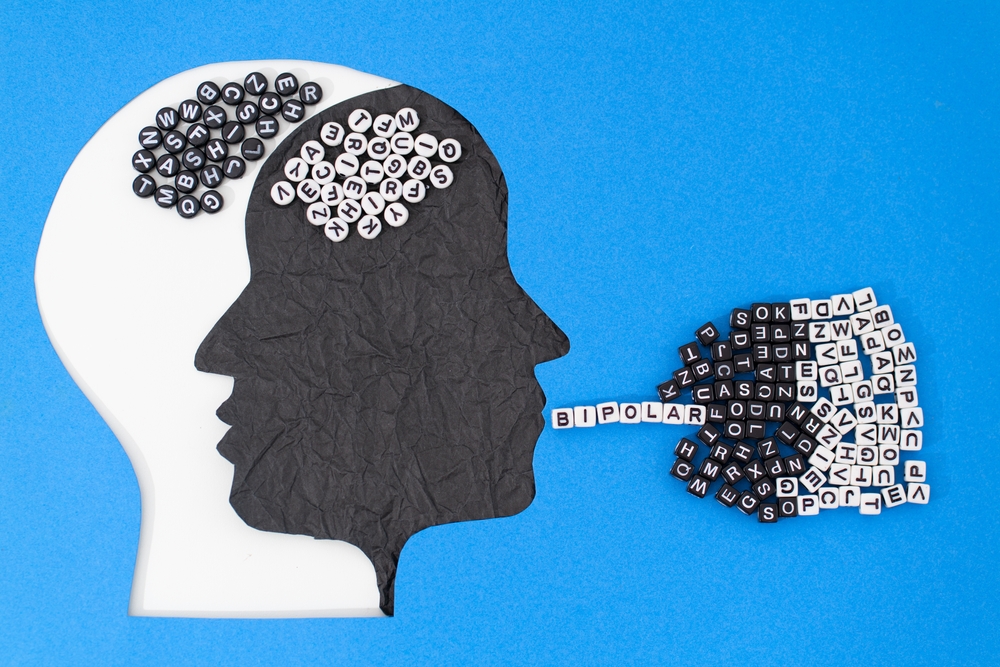Last Updated:
September 10th, 2025
DBT | Addiction Treatment Therapies
Powerful emotions don’t just go away when you try to ignore them. For some people, they build and build until drinking, drugs or addictive behaviours seem like the only way to get any relief. . Dialectical behavioural therapy teaches you to sit with difficult feelings instead of trying to escape them. It has become one of the most important rehab therapies, which has helped people just like you overcome addiction and improve every area of their lives.
What is dialectical behavioural therapy?
Dialectical behavioural therapy (DBT) is a talking therapy that helps people manage strong emotions without letting them spiral into destructive behaviours. It was first developed in the late 1980s by psychologist Marsha Linehan, originally to help people with borderline personality disorder who had made several suicide attempts and struggled daily with self-harming behaviours. Her aim was to help them make peace with what they couldn’t control while building a life that was worth staying alive for
The word “dialectical” means bringing two opposite things together, like accepting yourself as you are, while still working to change. DBT alerts you to those first flickers of overwhelming feelings, teaches you to take a quiet, mindful moment and then make a decision that doesn’t cause you more harm. If you’ve ever acted on impulse and wished you could rewind the moment, DBT gives you the tools to break that cycle.
Why is DBT treatment effective for addiction?
Addiction is often fuelled by emotions that feel too hard to manage on your own, like chronic stress, loneliness, guilt or fear. A bad day, a big argument or just feeling low can quickly lead to drinking, using drugs or doing something you promised yourself you wouldn’t.
DBT addiction treatment is about helping you catch those moments before they lead to something you regret. It gives you space between the feeling and the addictive action so you have time to choose differently. That may mean breathing through a drug craving, leaving a party when the urge to drink gets too much or just recognising that you’re overwhelmed and need a minute.
Struggling with an addiction? If you are ready to seek help, reach out to us today, and a member of our compassionate team will help you find the best option for starting your recovery journey.
Who is DBT for?
DBT is for anyone who feels ruled by their emotions. It is especially helpful if you’ve found that other therapies haven’t gone deep enough or didn’t change your harmful reactions. That may mean acting without thinking, lashing out when you’re hurt or using alcohol, drugs or other habits to deal with pain you can’t explain.
DBT was first created to help people with very intense feelings but it is now used in addiction treatment because it teaches the exact skills so many people need. Whether your addiction is tied to trauma, stress or emotional highs and lows, DBT can give you a new way to respond.
What are the benefits of DBT addiction treatment?
The benefits of DBT are really felt when you leave rehab and begin your new life. It is designed for everyday situations where you need a way to get through it all without blowing up, shutting down or relying on drugs or alcohol:
Here are some of the ways DBT can support your recovery:
- You will be able to calm yourself in the middle of even the biggest crisis.
- You will get better at noticing when something’s off, instead of realising too late after a slip-up.
- You will learn how to manage awkward or painful conversations, which can help with all your relationships.
- You will stop avoiding difficult situations because you will now know how to face them.
- You can build a life where you can finally trust yourself to make the right choices.
How does DBT work for addiction recovery?
DBT addiction treatment is broken down into four simple but powerful modules. Each one helps you manage your emotions better both during and after rehab:
The differences between private DBT therapy vs NHS options
DBT addiction treatment can be life-changing but your experience will depend on where you access it. Many people first look to the NHS but availability can be limited and not all areas offer DBT as part of free addiction services.
At private recovery centres, DBT is usually just one part of comprehensive rehab programmes. That means you don’t just get DBT on its own but also get access to other therapies, daily support and aftercare planning and a whole team who understands how addiction affects your emotions and behaviour.
If you go through the NHS, treatment is free but it may take time to access. You may be offered DBT for general mental health or emotional issues rather than addiction specifically and most programmes are group-based. It is still valuable but depending on your circumstances, private DBT therapy may be the better choice.
How to prepare for dialectical behavioural therapy?
The best way to prepare for DBT addiction treatment is to be open to learning a new way of handling things. If you’ve been using drugs, alcohol or other behaviours to cope with overwhelming feelings, DBT can give you a different option. But it’s okay if you’re nervous. Most people are.
Before you start, try to get clear on what’s been hardest for you emotionally. You don’t need to solve anything in advance but having a sense of whether it’s anger, sadness or stress can help your therapists tailor your sessions to what matters most to you.
DBT often includes group sessions, journaling or exercises between sessions so have an open mind and throw yourself into everything. If you are joining private DBT therapy, your team will walk you through the whole process so just take it one step at a time.
How to find DBT near me?
Ready to explore DBT treatment options that actually make sense for you? At Addiction Helper, we can talk you through your choices, whether you’re looking for private rehab or just want to understand how DBT fits into addiction recovery. Contact us today for free, expert advice.
Our compassionate team are ready and available to take your call, and guide you towards lasting the lasting addiction recovery you deserve.
(Click here to see works cited)
- Linehan, Marsha. “Dialectical Behavioural Therapy | DBT for addiction treatment | UKAT.” UK Addiction Treatment Centres, 27 March 2025, https://www.ukat.co.uk/rehab-treatment/therapies/dbt/. Accessed 23 June 2025.
- Mind. “What is dialectical behaviour therapy (DBT)?” Mind, https://www.mind.org.uk/information-support/drugs-and-treatments/talking-therapy-and-counselling/dialectical-behaviour-therapy-dbt/. Accessed 23 June 2025.
- Oasis Runcorn. “Dialectical Behaviour Therapy | DBT | Addiction Treatment & Recovery.” Oasis Runcorn, 10 March 2025, https://www.oasisrehab.co.uk/rehab/therapy/dbt/. Accessed 23 June 2025.
- UKAT London Clinic. “Dialectical Behavioural Therapy (DBT).” UKAT London Clinic, https://www.ukatlondonclinic.com/rehab-treatment/therapies/dbt/. Accessed 23 June 2025.



